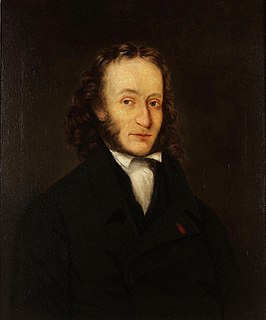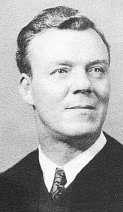A Quote by Miguel de Cervantes
For let us women be never so ill-favored, I imagine that we are always delighted to hear ourselves called handsome.
Related Quotes
The modern challenge to motherhood is the eternal challenge--that of being a godly woman. The very phrase sounds strange in our ears. We never hear it now. We hear about every other type of women: beautiful women, smart women, sophisticated women, career women, talented women, divorced women. But so seldom to we hear of a godly woman--or of a godly man either, for that matter. I believe women come nearer to fulfilling their God-given function in the home than anywhere else.
The stories never said why she was wicked. It was enough to be an old woman, enough to be all alone, enough to look strange because you have no teeth. It was enough to be called a witch. If it came to that, the book never gave you the evidence of anything. It talked about "a handsome prince"... was he really, or was it just because he was a prince that people called handsome? As for "a girl who was as beautiful as the day was long"... well, which day? In midwinter it hardly ever got light! The stories don't want you to think, they just wanted you to believe what you were told.
"Why is it sports is the only thing white people see us being successful at? I don't want to play football," he said. "I wanna be a lawyer." "That's fine with me," I said, a little annoyed. "I've just never heard of a Negro lawyer, that's all. You've got to hear of these things before you can imagine them." "Bullshit. You gotta imagine what's never been."
Though we are commanded to 'wash ourselves', to 'cleanse ourselves from sins', to 'purge ourselves from all our iniquities', yet to imagine that we can do these things by our own efforts is to trample on the cross and grace of Jesus Christ. Whatever God works in us by his grace, he commands us to do as our duty. God works all in us and by us.
The storyteller is deep inside everyone of us. The story-maker is always with us. Let us suppose our world is attacked by war, by the horrors that we all of us easily imagine. Let us suppose floods wash through our cities, the seas rise . . . but the storyteller will be there, for it is our imaginations which shape us, keep us, create us - for good and for ill. It is our stories that will recreate us, when we are torn, hurt, even destroyed. It is the storyteller, the dream-maker, the myth-maker, that is our phoenix, that represents us at our best, and at our most creative.
There are studies that have shown that we make decisions, ethical and otherwise, based on the way we imagine ourselves as characters in the stories of our lives. In other words, if we imagine ourselves brave or crazy or open, we're more likely to make decisions in a given situation based on how we imagine ourselves, whatever the facts may be.







































